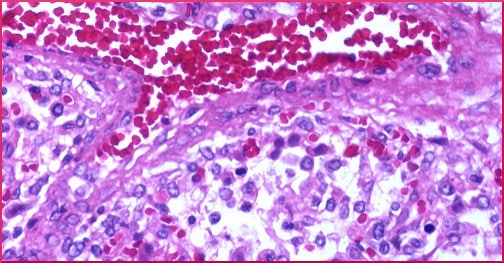
To the readers of OutsideOnline.com, Bill Gifford offered some moments in the history of fat. It had already been identified as an organ when, in 2003, muscle was also deemed an endocrine organ, basically in competition with the fat organ. During exercise, muscle secretes myokines, which somehow counteract fat.
Gifford went on to speak of brown fat:
In 2012, a Harvard-based team identified a hormone called irisin, secreted during exercise, that tricks plain, blobby, “white” fat — and even deep visceral fat — into acting like “brown” fat, a far less common form that is dense with mitochondria and burns energy just like muscle does.
Fifteen years ago, polymath Cory Doctorow had the personal experience of losing around 100 pounds by eliminating carbohydrates “while maintaining a low-activity/high-calorie diet.” Doctorow notes:
I’ve kept most of it off since then (though over the years, I’ve had to increase my activity and reduce my calories as I got older). It’s obvious to me that weight is not a simple matter of calories burned and calories eaten.
Doctorow once heard a podcast about the obesity epidemic which suggested that perhaps it could be blamed on “a bird flu that affected our gut flora and changed our metabolisms to make us hungrier and more susceptible to convert the food we ate to fat.” Then not long ago he discovered The Secret Life of Fat: The Science Behind the Body’s Least Understood Organ and What It Means for You.
The subtitle of Sylvia Tara’s very recent book is startling. When we think of organs, we customarily visualize hearts, livers or eyeballs. But dispersed throughout the body though it may be, fat is indeed considered an organ.
At any rate, it was there that Doctorow learned of the work of two University of Wisconsin doctors, Nikhil Dhurandhar and Richard Atkinson, whose research showed that a poultry virus was very much linked with obesity.
They worked with groups of chickens infected with Ad-36, another virus, and no virus at all. Only the Ad-36 chickens got fat. Then they tried some mammals and found that “Marmosets gained about three times as much weight as the uninfected animals, their body fat increasing by almost 60 percent!”
Obviously, scientists are not permitted to experiment on humans in quite the same way. But they can test for antibodies which indicate that a person’s immune system has encountered Ad-36 at some point in their lives. Doctorow writes:
Dhurandhar and Atkinson tested over 500 human subjects… 30 percent of subjects who were obese tested positive for Ad-36, but only 11 percent of nonobese individuals did—a 3 to 1 ratio.
Even if they were not technically obese, the subjects positive for Ad-36 were “significantly heavier” than those who bore no trace of the virus. To spotlight the effect more clearly, the team recruited pairs of twins with unequal weights and found that the twins who were “significantly fatter” turned out to test positive for Ad-36.
Childhood Obesity News will explore a few more of the strange things going on with fat.
Your responses and feedback are welcome!
Source: “Your Fat Has a Brain. Seriously. And It’s Trying to Kill You,” Outsideonline.com, 03/05/13
Source: “A virus first found in chickens is implicated in human obesity,” BoingBoing.net, 01/02/17
Photo credit: Pulmonary Pathology via Visualhunt/CC BY-SA

 FAQs and Media Requests:
FAQs and Media Requests: 











